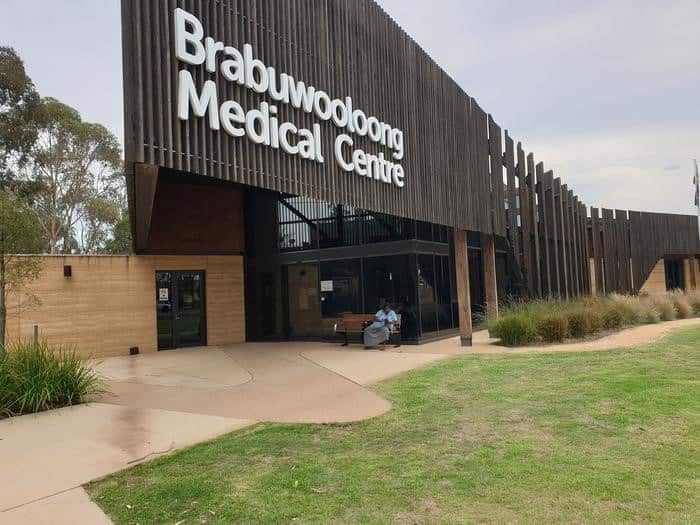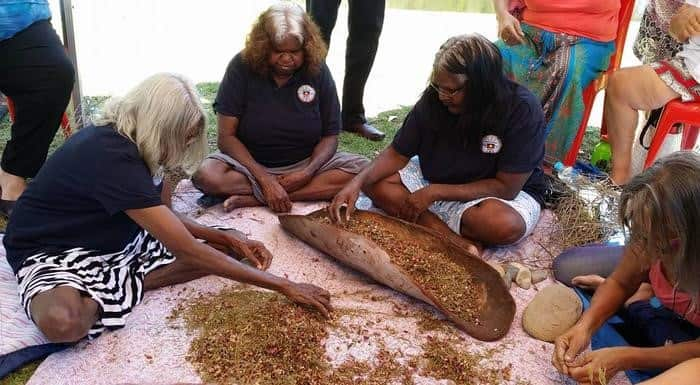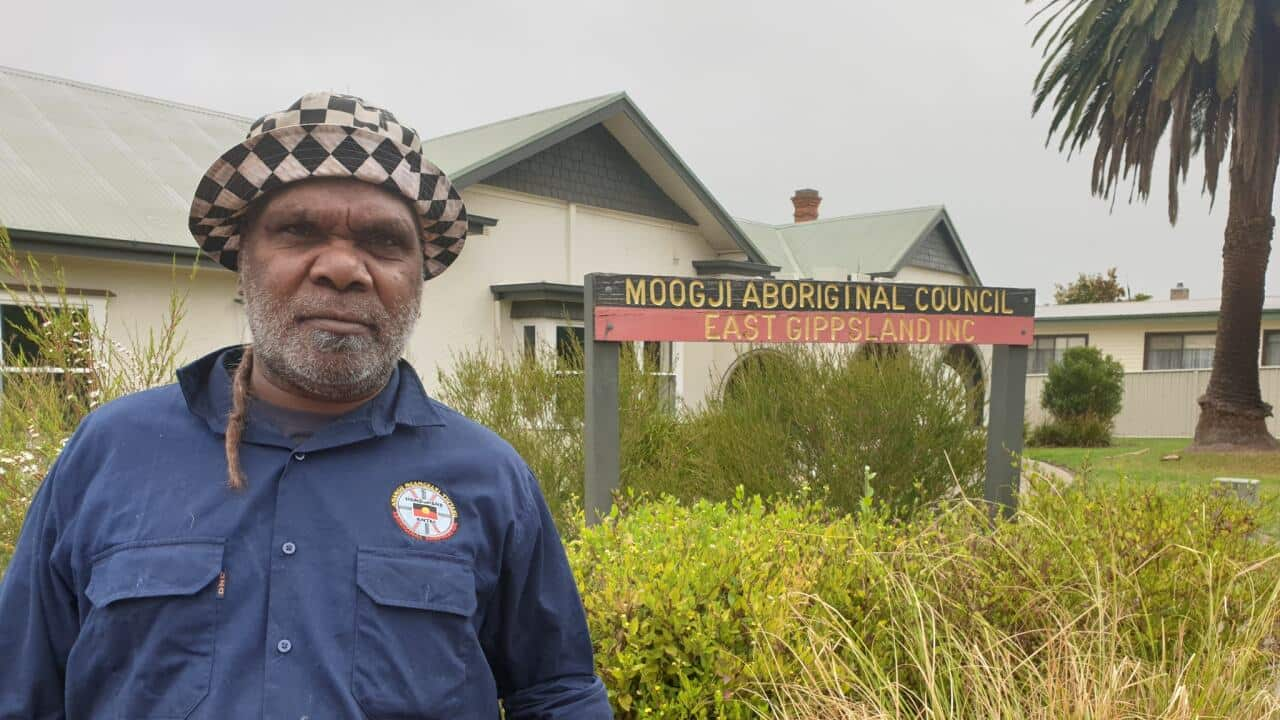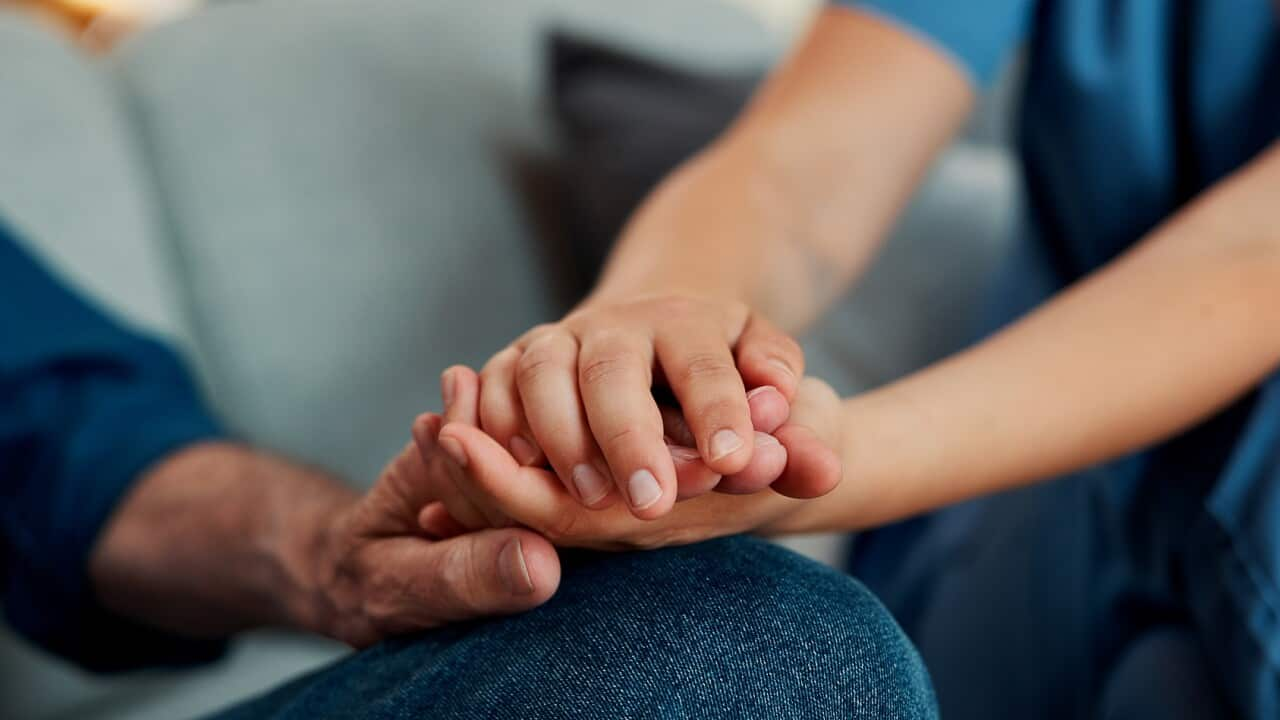While the extent of the physical damage caused by the unprecedented extreme weather conditions this summer is yet to be fully assessed, the unseen damage – the emotional and psychological impact - is a lot more difficult to quantify.
However, the damage to the culture and the identity that Aboriginal communities are enduring as a result of the bushfires will be even harder to determine.
Dean Duncan is the Executive Director at the Education of the Victorian Aboriginal Community Controlled Health Organisation. He says the bushfires have worsened the mental health concerns among the Aboriginal people.
"Our communities do have particular challenges and mental health is an area of ongoing concern. Generally, Aboriginal people and Communities in Victoria are three times more likely than non-Aboriginal people to experience high or very high levels of psychological distress. With the trauma of an event such as the bushfires, this is exacerbated," he said.
The flames have destroyed plants, trees, and animals that have represented Aboriginal history, identity and culture for millennia.
For this reason, VACCHO roped in Adelaide-based not-for-profit organisation Aṉangu Ngangkaṟi Tjutaku Aboriginal Corporation (ANTAC), which is dedicated to traditional Aboriginal medicine, to operate in the bushfire-ravaged East Gippsland.
Elisabetta Panzironi, the Operations Manager at ANTAC, told SBS Italian that the fires have destroyed many things that were closely linked to the Aboriginal way of life.
"The flames have destroyed plants, trees, and animals that have represented Aboriginal history, identity and culture for millennia," said Ms Panzironi. "For Aboriginal people, health is linked to the physical, mental, psychological and emotional wellbeing, but also to the environment." Debbie Watson, a traditional Aboriginal healer, was part of the team.
Debbie Watson, a traditional Aboriginal healer, was part of the team.

Source: Supplied
"It was very sad to see the devastation of the land and all in it. We have been honoured to be there and help healing our people and to reconnect their spirits to the land they have lost," she said.
"The healing sessions work across both the spiritual and emotional level for individuals", explains Mr Duncan. "Both areas that are fundamentally important within Aboriginal culture and can have a profoundly positive impact. We have long been of the view that Aboriginal health must be looked at holistically to provide true solutions."
Ms Panzironi said it was a "beautiful but very difficult experience".
"Driving there, we realised the devastation that the fires have caused for the environment. Many of the places we visited contained sacred sites. The pain and mourning among the local Aboriginal communities is huge," she said.
Some places are linked to the Dreaming, or to stories that have been handed down for millennia. When the earth is destroyed, the link is broken.
“When I arrived, it was raining. I said to some Aboriginal operators 'how nice it is raining'. But they explained that the rain was fine, but it could cause the ash to wash up into the rivers and kill the fish."
Ms Panzironi says for Indigenous Australians, every element in the ecosystem is vital and all are dependent on each other for survival.
"I was struck by this relationship between things, there is a balance to which they signify when talking about the ecosystem that refers to the survival of all its elements," she says, adding that this bond extends to all living organisms.
"I was told about a particular lizard that every year appears on the coast in a specific location. [The people] were worried about the survival of the lizard and wanted to go check but they couldn't because the area was closed and they were really in pain." We have long been of the view that Aboriginal health must be looked at holistically to provide true solutions
We have long been of the view that Aboriginal health must be looked at holistically to provide true solutions

Source: Supplied
“For Aboriginal people, nature is a temple - the source of their connection and their well-being," Ms Panzironi said.
Mr Duncan says the awareness of Aboriginal representation – both as victims of the fires and as contributors to the bushfire recovery effort - is slowly improving.
"We have seen positive stories emerge during the crisis - from Aboriginal firies to the fantastic support provided by Community leaders and their teams at a grassroots level. There have also been valuable conversations acknowledging the contribution our people can and do make to land management," he says.




